40% Favor Military Action to Prevent Iran Nuclear Capability
A Rasmussen Reports national telephone survey found that 23% of American voters believe it is Very Likely the U.S. will be at War with Iran within a year.

A Rasmussen Reports national telephone survey found that 23% of American voters believe it is Very Likely the U.S. will be at War with Iran within a year.

Half of Americans say they trust Democrats more than Republicans to handle the situation in Iraq.
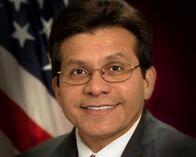
Thirty-nine percent (39%) of American voters believe Attorney General Alberto Gonzales should resign.
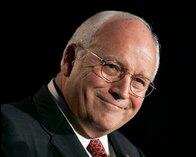
Eight percent (8%) of American voters say it’s Very Likely that Vice President Dick Cheney will resign from office before his term expires.

While Americans tend to hold politics and politicians in low regard, the leading Election 2008 Presidential candidates are viewed more favorably than the nation’s leading news reporters.

Americans continue to show a desire for both welcoming immigrants into the national melting pot and gaining control of the nation’s borders to reduce illegal immigration.

Just 33% of Americans favor a national health insurance program, but most are open to ideas that would expand coverage to cover more of the uninsured population. A Rasmussen Reports national telephone survey found that 55% favor the idea of requiring companies to provide health insurance and 57% favor taxing wealthier Americans to provide coverage for those without insurance.

Just 28% of Americans say it is ethical for reporters to publish news stories based upon anonymous sources.
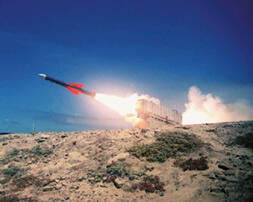
Fifty-seven percent (57%) of American adults say it is at least somewhat likely that the United States will be at war with Iran before another year goes by.
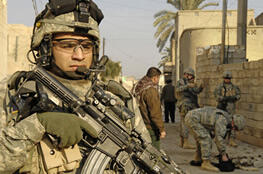
Most Americans (55%) favor a firm timetable for withdrawing all U.S. troops from Iraq within a year. That figure includes 37% who favor an immediate withdrawal and 18% who want a timetable that will complete the withdrawal in a year.
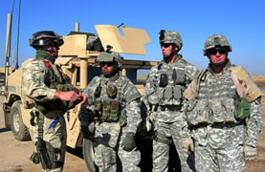
Just 33% believe that President Bush’s plan to temporarily increase troop strength in Iraq will succeed in terms of reducing violence in Baghdad.
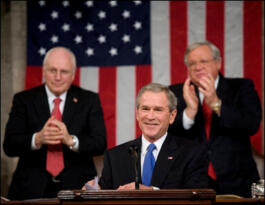
Despite the President’s nationally televised address calling for a temporary increase in the number of U.S. troops in Iraq, most Americans continue to believe the nation’s policy should move in the opposite direction.
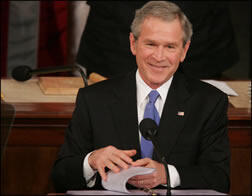
As Democrats took control of Congress for the first time in 12 years, 48% of Likely Voters trust Democratic Congressional leaders on key issues more than they trust President Bush.

Election 2006 brought a lot of change to American politics, but little has changed on the issue of immigration. Sixty-eight percent (68%) of voters continue to believe that securing the borders is more important than legalizing the status of undocumented workers already in the country.
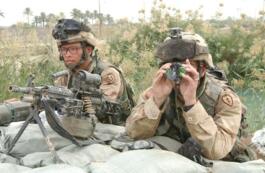
Twenty-eight percent (28%) of America’s voters want U.S. troops brought home from Iraq immediately. Another 26% want a firm timetable established for the military forces to come home within a year.
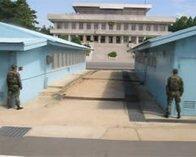
Sixty-nine percent (69%) of respondents to a recent Rasmussen Reports survey about the country's nuclear intentions say they're concerned about the threat that North Korea might use nuclear weapons against the United States.

Seventy-three percent (73%) of Americans say it is “very important” that the United States become less dependent on oil imports.

On Friday, the U.S. Senate voted overwhelmingly to build a 700-mile barrier along the Mexican border, bowing to public opinion as an election draws near.
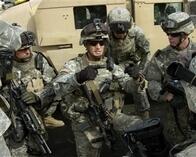
Voters in Oklahoma (59%), Texas (51%), Virginia (51%), and Florida (48%) are more likely than voters in other states to say that the U.S. and its allies are winning the War on Terror.

Strict sanctions on employers who hire illegal immigrants is the most popular of four possible immigration reforms measured in a recent Rasmussen Reports survey.